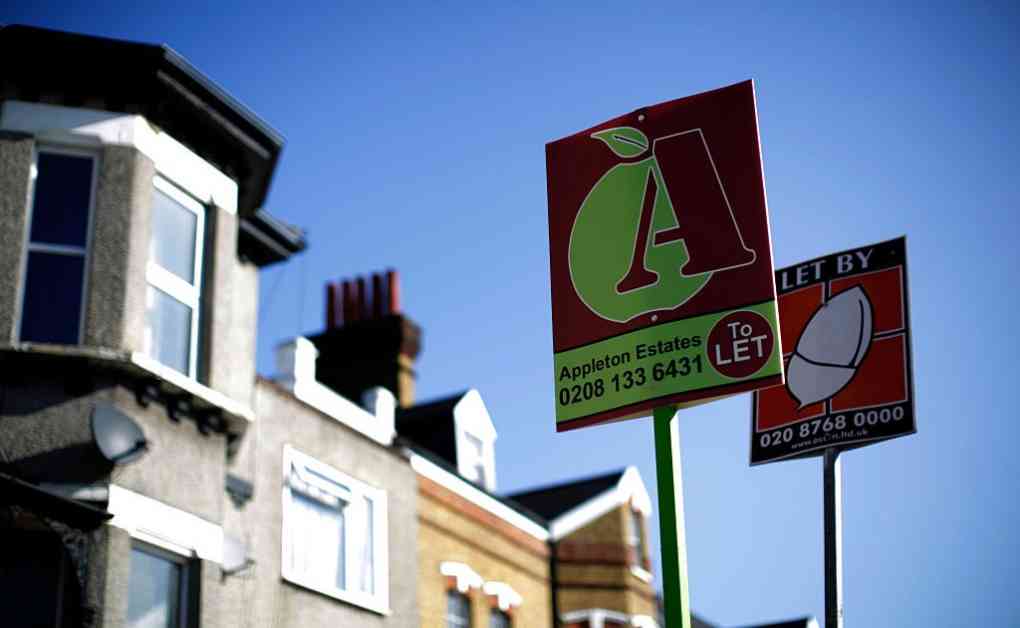Landlords’ Liability for Tenants’ Actions: A Deeper Dive
The issue of landlords’ liability for their tenants’ actions is a complex and contentious one, with opinions divided on the matter. In a recent MetroTalk article, Victor Parks raised the idea of holding landlords responsible for their tenants’ behavior, sparking a debate among readers. As a landlord myself, I understand the challenges and frustrations that come with managing rental properties and dealing with tenant issues.
Challenges Faced by Landlords
One of the key points raised by Victor Parks is the impracticality of holding landlords responsible for their tenants’ actions. Landlords already navigate through a myriad of laws and regulations, facing numerous risks while only receiving a modest average yield on their properties. The responsibility of law enforcement agencies to address breaches of peace and antisocial behavior should not fall on landlords, who are already burdened with the task of managing their properties effectively.
The Reality of Property Management
While landlords strive to have responsible and considerate tenants, the reality is that tenant behavior can change over time. Tenants may start off as model residents but could later cause disturbances or conflicts with neighbors. As landlords, we do not have the means or resources to monitor and control our tenants’ actions continuously. Evicting a problematic tenant is not always a straightforward solution, as it raises questions about who should bear the financial burden of such actions.
The Lack of Duty of Care
It is important to note that landlords do not have a duty of care to the wider community, as their role primarily involves providing housing services. Despite this, landlords often find themselves addressing issues that other authorities should handle, such as immigration checks or financial regulations, without receiving adequate compensation for their efforts. The imbalance of responsibilities and rewards in the private rented sector raises questions about the sustainability and viability of being a landlord in today’s market.
Proposals for Change
In light of the challenges faced by landlords, there have been calls for policy changes to support the rental sector. Robert Hughes suggests restoring full tax relief on financing costs for landlords to encourage investment in rental properties. This proposal aims to level the playing field between residential and commercial landlords, who currently face different tax treatment for similar expenses. By addressing these disparities, policymakers could potentially incentivize landlords to remain in the market and contribute to meeting the growing demand for rental housing.
The Labour Party’s Internal Struggles
Shifting focus from the rental sector to political dynamics, Diane Abbott’s recent comments about her treatment within the Labour Party under Sir Keir Starmer’s leadership have sparked further debate. Abbott’s feelings of being marginalized and ignored raise concerns about the party’s inclusivity and tolerance for diverse opinions. The purging of left-wing MPs and the lack of outreach to longstanding party members highlight internal rifts that could impact the party’s future direction and voter support.
Addressing Mental Health Care
Andrew McLuskey’s advocacy for expanding social care provision and merging mental health services with the NHS reflects broader discussions about healthcare reforms. The integration of mental and physical health services could lead to more efficient and holistic care delivery, benefiting patients and reducing administrative complexities. By reimagining the structure of healthcare services, policymakers could enhance the quality and accessibility of mental health support for those in need.
International Relations and Aid Efforts
The ongoing conflict in Ukraine has sparked debates about international aid and diplomatic responses to geopolitical challenges. Calls for supporting Ukraine against Russian aggression underscore the importance of solidarity and strategic alliances in maintaining global security. While concerns about resource allocation and domestic priorities are valid, the broader implications of ignoring international crises could have far-reaching consequences for regional stability and international relations.
In Conclusion
The intertwining issues of landlords’ liability, political dynamics, healthcare reform, and international relations highlight the complex landscape of contemporary society. As stakeholders in these debates, it is crucial to engage in constructive dialogue, propose innovative solutions, and advocate for policies that promote fairness, inclusivity, and global cooperation. By addressing these multifaceted challenges with thoughtful analysis and collaborative efforts, we can strive towards a more equitable and sustainable future for all.













